Discover the Best Halfway Houses in Washington
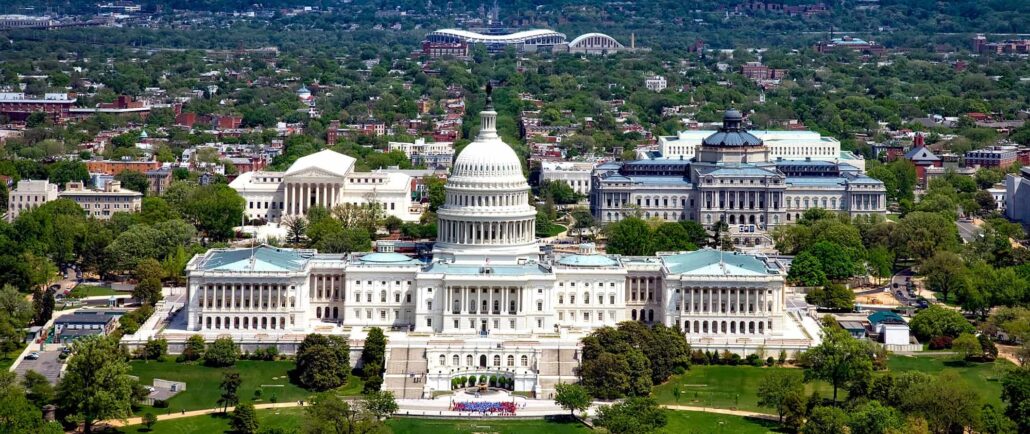
Washington State offers a multitude of halfway houses, each dedicated to helping individuals on their path to recovery. Whether you’re in the bustling metropolis of Seattle or the charming city of Bellingham, halfway houses in Washington provide a supportive environment for those seeking to rebuild their lives. The state’s diverse landscape and vibrant communities create an ideal backdrop for recovery, blending natural beauty with urban convenience.
From the shores of Puget Sound to the rolling hills of Eastern Washington, each city offers unique opportunities and resources for individuals in recovery. This guide will delve into the halfway houses available in some of Washington’s key cities, exploring their backgrounds and the local drinking culture that makes each location unique.
Embracing Recovery with Halfway Houses in Seattle
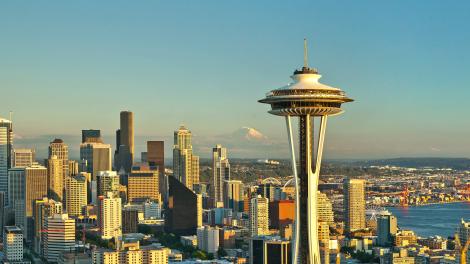
Seattle, the Emerald City, is known for its iconic Space Needle, thriving tech industry, and stunning waterfront. However, it also faces challenges related to substance abuse. In response, the city has developed a robust network of halfway houses designed to support individuals in their journey to sobriety.
In Seattle, approximately 15% of adults reported heavy drinking in the past month, highlighting the need for effective recovery services. Halfway houses in Seattle provide a bridge between inpatient treatment and independent living, offering structured environments and essential support services. These facilities emphasize community involvement, connecting residents with local resources and support groups to foster long-term recovery.
Halfway Houses in Bellingham: A Quiet Haven for Recovery
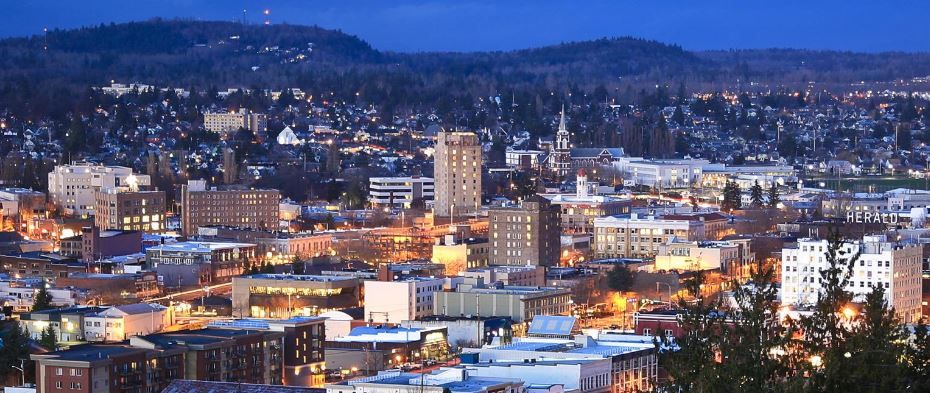
Nestled between the Salish Sea and the Cascade Mountains, Bellingham offers a serene setting for those in recovery. This city, known for its outdoor activities and vibrant arts scene, provides a peaceful environment that can be incredibly beneficial for individuals transitioning from intensive treatment programs.
Bellingham’s drinking culture is less pronounced than in larger cities, with about 12% of adults engaging in heavy drinking. Halfway houses in Bellingham focus on holistic recovery, integrating physical, mental, and emotional well-being. Residents often participate in outdoor activities like hiking and kayaking, which promote a healthy lifestyle and provide a constructive outlet for stress.
Halfway Houses in Spokane: Community and Support
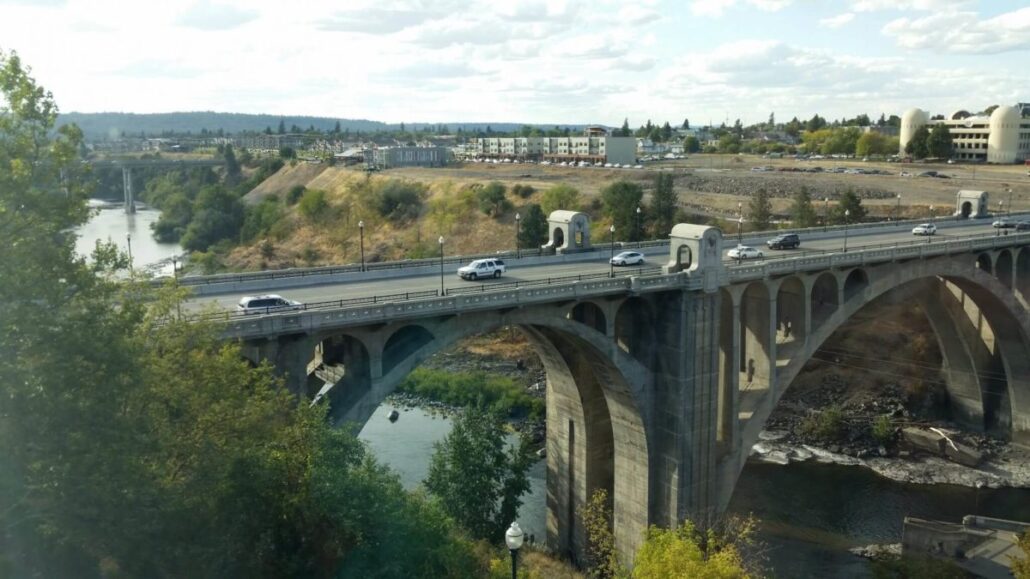
Spokane, the largest city in Eastern Washington, combines urban amenities with a strong sense of community. This city has a rich history and a growing network of recovery resources, including numerous halfway houses that cater to different needs and preferences.
With around 14% of adults in Spokane reporting heavy drinking, the need for supportive recovery options is clear. Halfway houses in Spokane offer a range of programs, from structured living environments to vocational training and employment assistance. The city’s strong community focus helps residents build lasting connections and support networks, which are crucial for sustainable recovery.
Halfway Houses in Tacoma: Strength and Resilience
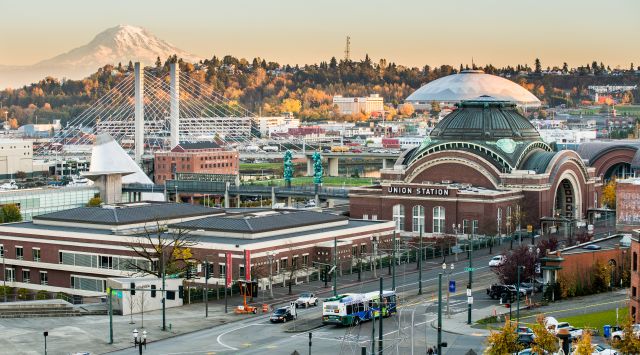
Tacoma, located on the Puget Sound, is known for its vibrant arts scene and military history. The city has faced challenges with substance abuse, but it has also developed comprehensive support systems for those in recovery. Tacoma’s halfway houses provide a vital service, helping individuals transition back into society with confidence and support.
In Tacoma, about 13% of adults report heavy drinking, underscoring the need for effective recovery programs. The halfway houses in Tacoma emphasize resilience and strength, offering programs that include life skills training, employment support, and access to community resources. Residents are encouraged to participate in local events and activities, helping them reintegrate into the community.
Halfway Houses in Vancouver: A Gateway to Recovery
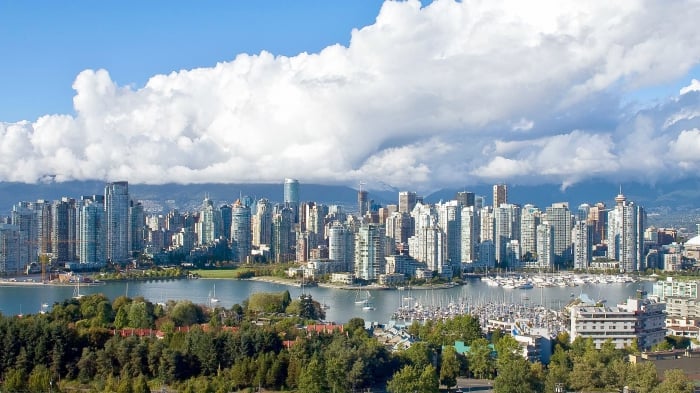
Situated on the north bank of the Columbia River, Vancouver, Washington, offers a unique blend of small-town charm and urban convenience. This city provides an ideal setting for recovery, with a range of halfway houses that cater to different stages of the recovery process.
Vancouver’s drinking culture is similar to that of other cities in Washington, with about 14% of adults engaging in heavy drinking. The halfway houses in Vancouver focus on providing a safe and supportive environment, with programs that include counseling, job training, and community engagement. The city’s proximity to Portland, Oregon, also offers additional resources and opportunities for those in recovery.
Building a Brighter Future with Halfway Houses in Washington State
In conclusion, halfway houses in Washington play a critical role in supporting individuals on their path to recovery. From the bustling streets of Seattle to the tranquil landscapes of Bellingham, each city offers unique resources and a supportive community for those seeking a fresh start.
The state’s commitment to recovery is evident in the diverse range of programs and services available across its cities. By embracing the opportunities provided by halfway houses in Washington, individuals can rebuild their lives and work towards a brighter, healthier future.
Find Halfway House in this Location
Primary Service: Substance Abuse Treatment Services
Address : 2269 Jericho Road , Richland, 99352
Primary Service: substance use disorders
Address : 3420 W Ella Street , Pasco, 99301
Primary Service: Substance Abuse Treatment Services
Address : 915 73rd Avenue, SE Olympia, WA - 98501, ,
American Lake
(0)Primary Service: substance use disorders
Address : 10001 114th Street S.W. , Lakewood, 98498
Primary Service: Mental Health Services
Address : 9412 NE 135th Lane , Kirkland, 98034
Primary Service: Substance Abuse Treatment Services
Address : 12600 NE 142nd , Kirkland, 98034
Primary Service: Substance Abuse Treatment Services
Address : 13100 NE 143rd Street , Kirkland, 98034
Primary Service: Substance Abuse Treatment Services
Address : 9002 NE 138th Place , Kirkland, 98034
Primary Service: treatment program for chemical dependency
Address : 7517 124th Avenue NE , Kirkland, 98033
Primary Service: drug and alcohol dependency
Address : 12503 NE 134th Place , Kirkland, 98034